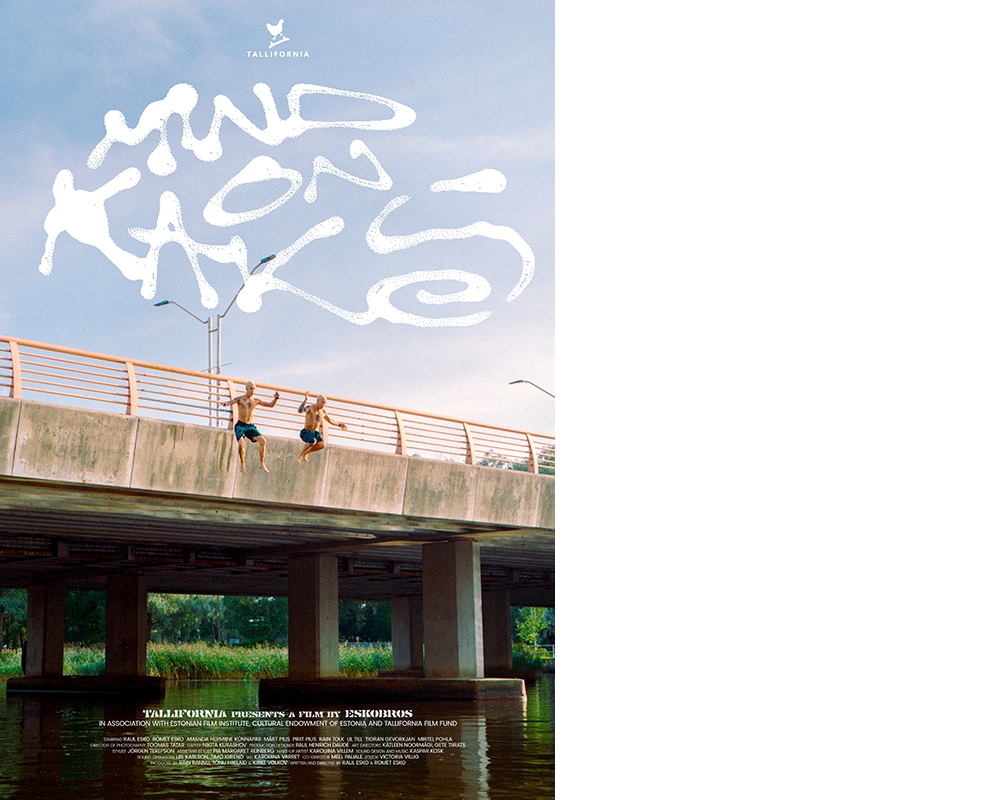
What's special about this year's Black Nights Film Festival film first feature competition? Which genres, themes and perspectives stand out most?
The competition programme is very broad thematically, but the keyword system on the Black Nights website revealed the absurd as a common denominator for many of the films. There's a lot of irony, both towards oneself and towards society. There are also a great deal of human relationships, seen from different perspectives. All genres are represented, from psychological to drama. I hope that everyone will find something for themselves in our broad thematic programme.

How many films are in competition, and how many of them are world or international premieres?
This year we have reduced the size of the programme. While in previous years there was a minimum of 16 films, this year there are 11 films, of which seven are world premieres and four are international premieres.
Authors will also be present. The screenings will take place in a 287-seat auditorium, so we have an audience-based competitive programme. It's also important to note that around 250 debuts have passed our tables in search of a world premiere. Many of the films that we have seen and recommended will be screened in the Just Films and Critics' Picks programmes as well as in the Rebels with a Cause competition programmes. As the premiere auditorium is very large, we have to look for films that are audience-friendly and easier to watch. We have to think about the person who comes to the cinema in today's recession, and chooses a film from a selection of about five. We want to make this evening special for everyone, that’s our obligation for the audience as well as the authors.
What is the programme's geographical reach?
Geographically, our reach is very wide. There are many films from Europe, but also from Latin America and Canada. With the current migration of people, borders are dissolving. So we can't really say which country the films come from. We already saw this trend last year. For example, we have a Canadian film in the programme made by a South Korean director. The question is, is it a Canadian film or a Korean film? We wanted to include more Asian films in the programme, but this time we did not find any films that were suitable examples of their country's cinematography. We wanted to find something fresh and exciting. In total, we showed films from 66 countries.

First feature competition filmmakers come from all ages and backgrounds. What could be the common thread between them, what makes a person make a film?
I think they all have a story to tell. I also think that if you read the synopses of our films, what they all have in common are interesting and intriguing stories. But it's not just the specific narrative that's important, it's all the things that go into it - the cinematography, the acting, the art, etc - they enrich the storytelling. For example, we have films in the pipeline that are primarily about visual language and acting.
Who is on the jury for this year's programme?
The jury will be chaired by John Durie, a film industry veteran who has worked with Woody Allen, Robert Altman and Ingmar Bergman. Also Carles Torres, who also produced the BNFF premiere film "UponEntry", which won the FIPRESCI award and was nominated in several categories at the 39th Independent Spirits Awards festival.
Other members of the jury include Daniel Green of MUBI and American actor John Robinson of Gus Van Sant's "Elephant" and Catherine Hardwicke's "Lords of Dogtown" fame. And our very own Karolin Jürise, who I think is one of the brightest actors in Estonia and has a very big future ahead of her.